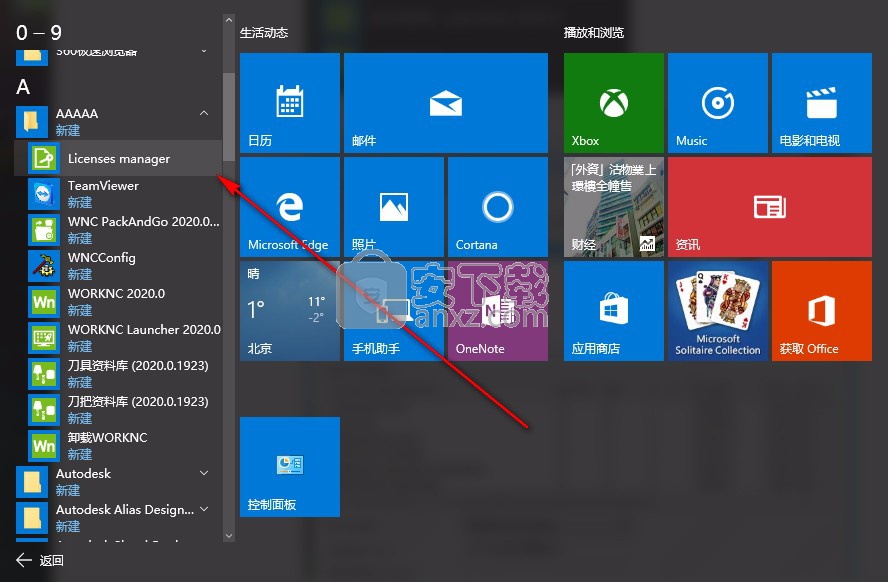Unlock Your Dream Home: A Comprehensive Guide to Conventional Loan Requirements in Texas
Guide or Summary:What is a Conventional Loan?Key Requirements for Conventional Loans in TexasBenefits of Conventional Loans in TexasSteps to Secure a Conven……
Guide or Summary:
- What is a Conventional Loan?
- Key Requirements for Conventional Loans in Texas
- Benefits of Conventional Loans in Texas
- Steps to Secure a Conventional Loan in Texas
When it comes to purchasing a home in the Lone Star State, understanding the conventional loan requirements in Texas can be your key to unlocking the door to your dream residence. Conventional loans are a popular choice among homebuyers due to their flexibility and competitive interest rates. However, navigating the requirements can be daunting without proper guidance. This comprehensive guide will break down everything you need to know about conventional loans in Texas, helping you make informed decisions on your home-buying journey.
What is a Conventional Loan?
A conventional loan is a type of mortgage that is not insured or guaranteed by the federal government. Instead, these loans are typically offered by private lenders and are often characterized by stricter credit requirements and down payment expectations. In Texas, conventional loans can be an excellent option for buyers with a stable income and a good credit history.
Key Requirements for Conventional Loans in Texas
To qualify for a conventional loan in Texas, there are several essential criteria you must meet:
1. **Credit Score**: Most lenders require a minimum credit score of around 620. However, a higher score can lead to better interest rates and terms. It's advisable to check your credit report and address any discrepancies before applying.
2. **Down Payment**: Conventional loans typically require a down payment ranging from 3% to 20% of the home's purchase price. A lower down payment may require private mortgage insurance (PMI), which adds to your monthly costs.

3. **Debt-to-Income Ratio (DTI)**: Lenders will evaluate your DTI ratio, which is the percentage of your monthly income that goes towards debt payments. Ideally, your DTI should not exceed 43%, though some lenders may allow for higher ratios based on other factors.
4. **Employment History**: A stable employment history is crucial. Lenders prefer applicants with at least two years of consistent employment in the same field. If you have recently changed jobs, be prepared to explain the transition.
5. **Property Appraisal**: The property you intend to purchase must meet certain appraisal standards set by the lender. This ensures that the home is worth the amount you are borrowing.
Benefits of Conventional Loans in Texas
Choosing a conventional loan can offer numerous advantages for Texas homebuyers:
- **Flexibility**: Conventional loans can be used to finance various property types, including single-family homes, condos, and investment properties.

- **No Upfront Mortgage Insurance**: Unlike FHA loans, conventional loans do not require an upfront mortgage insurance premium, making them more cost-effective for some buyers.
- **Potential for Lower Interest Rates**: With a good credit score and a solid financial profile, you may qualify for lower interest rates compared to government-backed loans.
Steps to Secure a Conventional Loan in Texas
1. **Assess Your Financial Situation**: Review your credit score, savings, and overall financial health to determine how much you can afford.
2. **Get Pre-Approved**: Before house hunting, obtain pre-approval from a lender. This will give you a clear idea of your budget and show sellers you are a serious buyer.
3. **Shop Around for Lenders**: Not all lenders offer the same terms. Compare rates and fees from multiple lenders to find the best deal.

4. **Submit Your Application**: Once you find a property, submit your loan application along with required documentation, such as pay stubs, tax returns, and bank statements.
5. **Close the Deal**: After approval, review the closing disclosure carefully before signing. This document outlines your loan terms, including interest rate, monthly payment, and closing costs.
In conclusion, understanding the conventional loan requirements in Texas is vital for any prospective homebuyer. By familiarizing yourself with the criteria and taking the necessary steps, you can navigate the loan process with confidence and move closer to achieving your homeownership dreams. Whether you're a first-time buyer or looking to upgrade, a conventional loan could be the perfect fit for your needs in Texas.